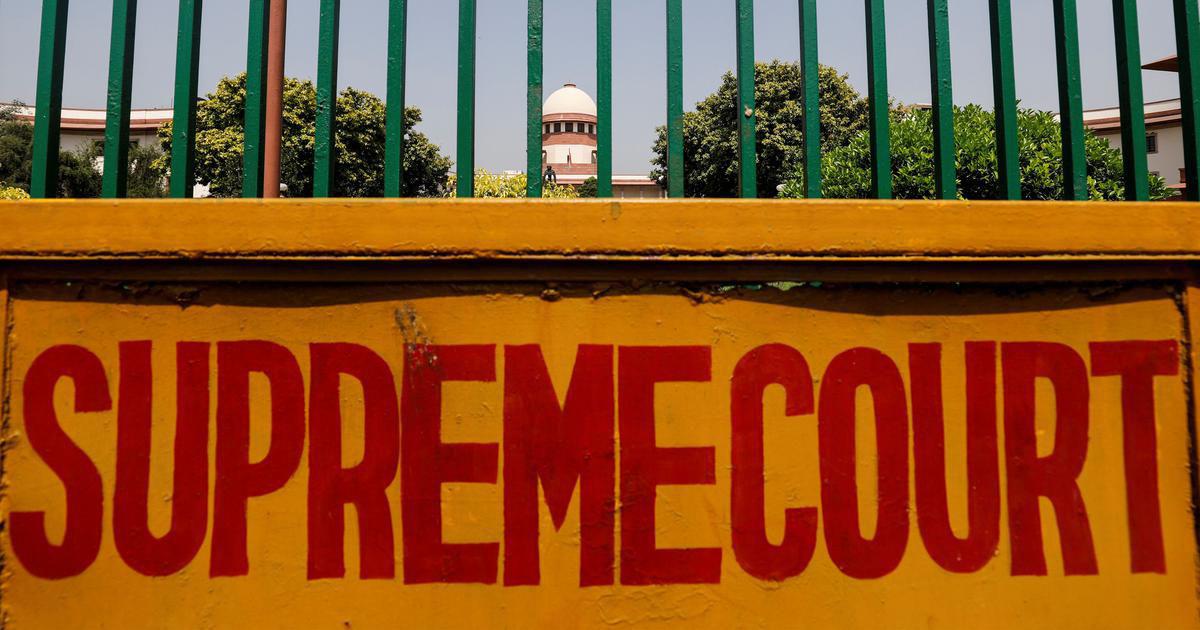
Governors of states cannot veto the functioning of the Assembly or keep bills placed before them for assent pending indefinitely, the Supreme Court has ruled.
The judgement, released on November 10 and made public on Thursday, came on a petition filed by the Punjab government against Governor Banwarilal Purohit. The Aam Aadmi Party government had accused Purohit of not acting on seven bills passed by the state’s Legislature.
Bills passed by legislatures become law only after the governor signs off on them. Article 200 of the Constitution gives governors the power to either grant their approval to a bill, reject it or in some cases, reserve it for the president’s consideration “as soon as possible”.
In its judgement, the bench headed by Chief Justice DY Chandrachud said that the expression “as soon as possible” in Article 200 conveys a “constitutional imperative of expedition”.
“Failure to take a call and keeping a bill duly passed for indeterminate periods…
